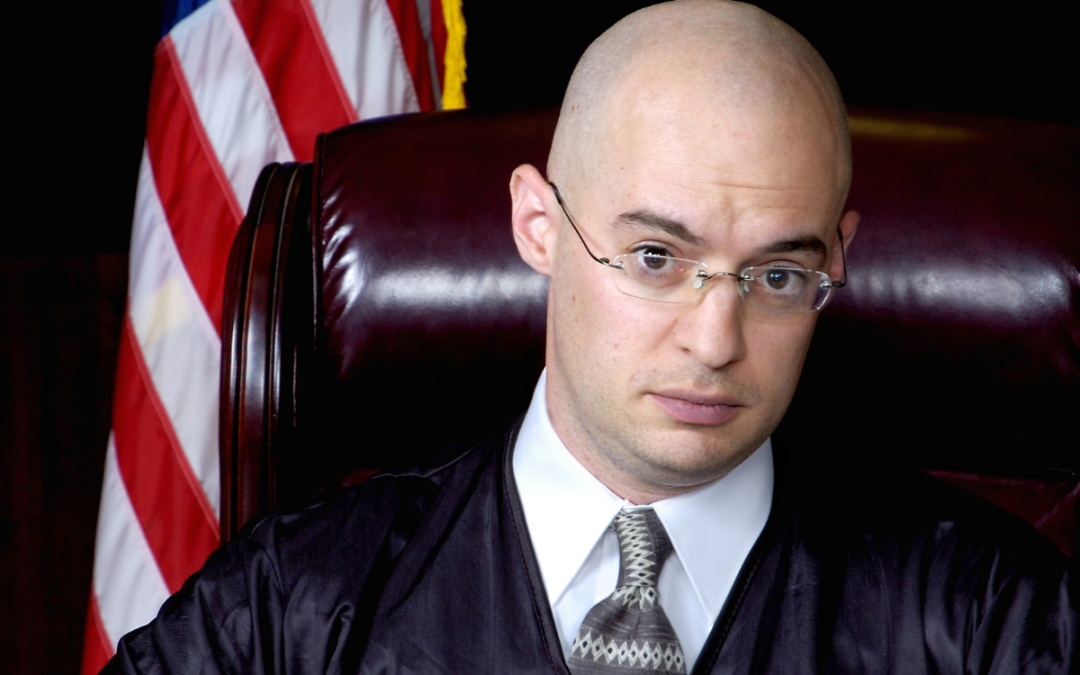We often get asked, “can a defense lawyer get a bench warrant lifted?” Here’s our in-depth exploration of this question, and our answer, depending on the type of warrant.
Need to Get a Bench Warrant Lifted?
You may have heard the saying that time heals all wounds. In criminal law, this is sometimes true.
The statute of limitations for a misdemeanor is usually one year, and the statute of limitations for a felony is usually five years. But there is no statute of limitations regarding criminal records, at least in most cases. Typically, a conviction stays on your permanent record forever.
An Attorney Can Get A Bench Warrant Lifted
Warrants are a mixed bag in this area. Search warrants are usually only valid for a few hours or days at most. But there is no statute of limitations on arrest and bench warrants.1 In most cases that Rochester defense lawyers handle, an officer pulls over a defendant for rolling through a stop sign or another minor offense. The warrant pops up on the computer, even if the warrant is several decades old. At that point, department policy usually mandates an arrest.
From a certain point of view, every warrant is a bench warrant. Only judges may issue warrants. But search and arrest warrants are based on probable cause affidavits. A judge issues a bench warrant upon their initiative, usually for failure to follow a court order.
A Rochester defense lawyer can get a bench warrant lifted and put the case back on the docket in many situations. Generally, there’s no court appearance required. Once the case is on the docket, several defenses are usually available. For example, most traffic court FTA bench warrants are so old that the arresting officers are long gone, as are any material witnesses.
Traffic Ticket Warrants
FTA (Failure to Appear) and FTC (Failure to Comply) are the two most common traffic ticket bench warrants in New York. Failure to appear is usually, wait for it, a failure to appear in court. Frequently, defendants forget about the court date. Failure to comply is usually a missed payment or another deadline. Sometimes, courts send reminder letters in these cases. But generally, the judge issues a warrant.
Sometimes, bail bonds companies can lift these warrants. Then, the defendant must appear in court to defend the traffic ticket or show cause (explain) why s/he missed the deadline. If a Rochester defense lawyer lifts the warrant, the judge usually does not require defendants to appear, at least initially. Lawyers and prosecutors are generally able to work out deals in these situations.
Criminal Warrants
Most felony and misdemeanor bench warrants have special provisions, so bonding companies cannot work with them, at least in most cases. Usually, criminal bench warrants are for contempt of court. Examples include failing to:
- Obey court order
- Show up for jury duty (yes, a judge can issue a warrant for such behavior)
- Pay a fine
- Allow court-ordered visitation
- Pay spousal or child support
- Obey a subpoena
- Fulfill all terms and conditions of probation
Let’s expand on that final bullet point. By far, the two most common probation violations are committing another infraction against the state of New York and failing to report. Failure to pay fees or restitution is a somewhat distant third, not because these violations are uncommon, but because there are some Constitutional issues.
At a show-cause hearing in traffic court, judges are usually willing to accept semi-legitimate excuses, such as the inability to afford defensive driving. But at a misdemeanor or felony show cause hearing, there’s usually no such thing as a valid excuse.
In ye olden days, Rochester defense lawyers often got these cases thrown out on a technicality. Section 30.30 (4)(c) once required the state to prove due diligence in serving the warrant. In other words, the state had to try hard to serve the warrant. Letting it sit in the computer wasn’t good enough. But that law changed in 1996.2
So, the best option in a criminal court bench warrant case is usually to surrender at a county jail and work out a plea agreement with the state. This agreement usually includes an extension of time to comply or similar light punishment.
Consult An Experienced Attorney
If the judge issues a bench warrant, you must do something about it straight away. For a free consultation with an experienced Rochester defense lawyer about how to get a bench warrant lifted, contact the Law Office of Frank Ciardi. We routinely handle matters in Monroe County and nearby jurisdictions.
Sources:
[1] https://thelawdictionary.org/article/statute-limitations-arrest-warrants/
[2] https://law.justia.com/cases/new-york/other-courts/2007/2007-27484.html

